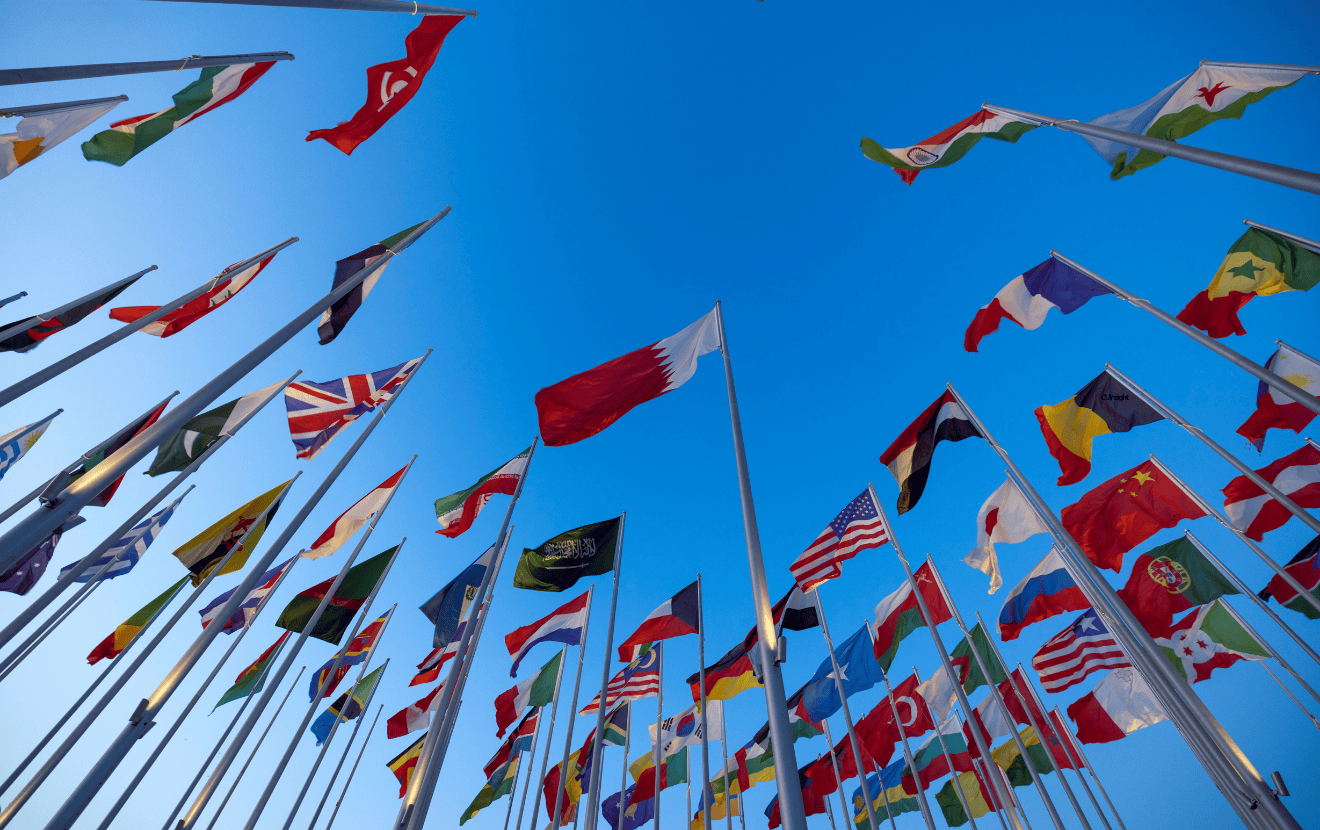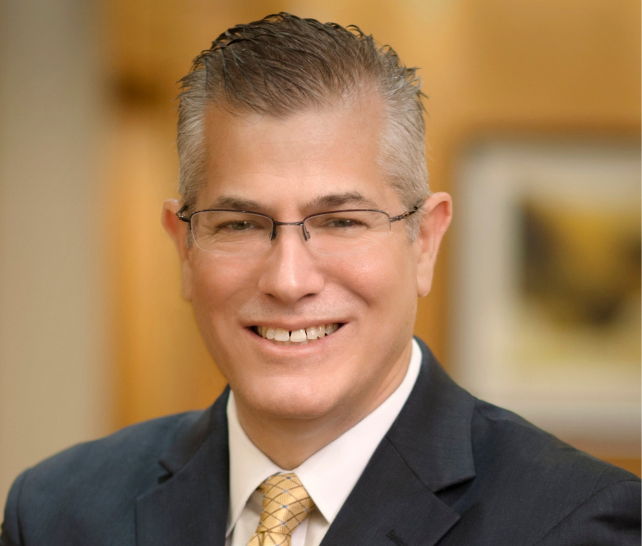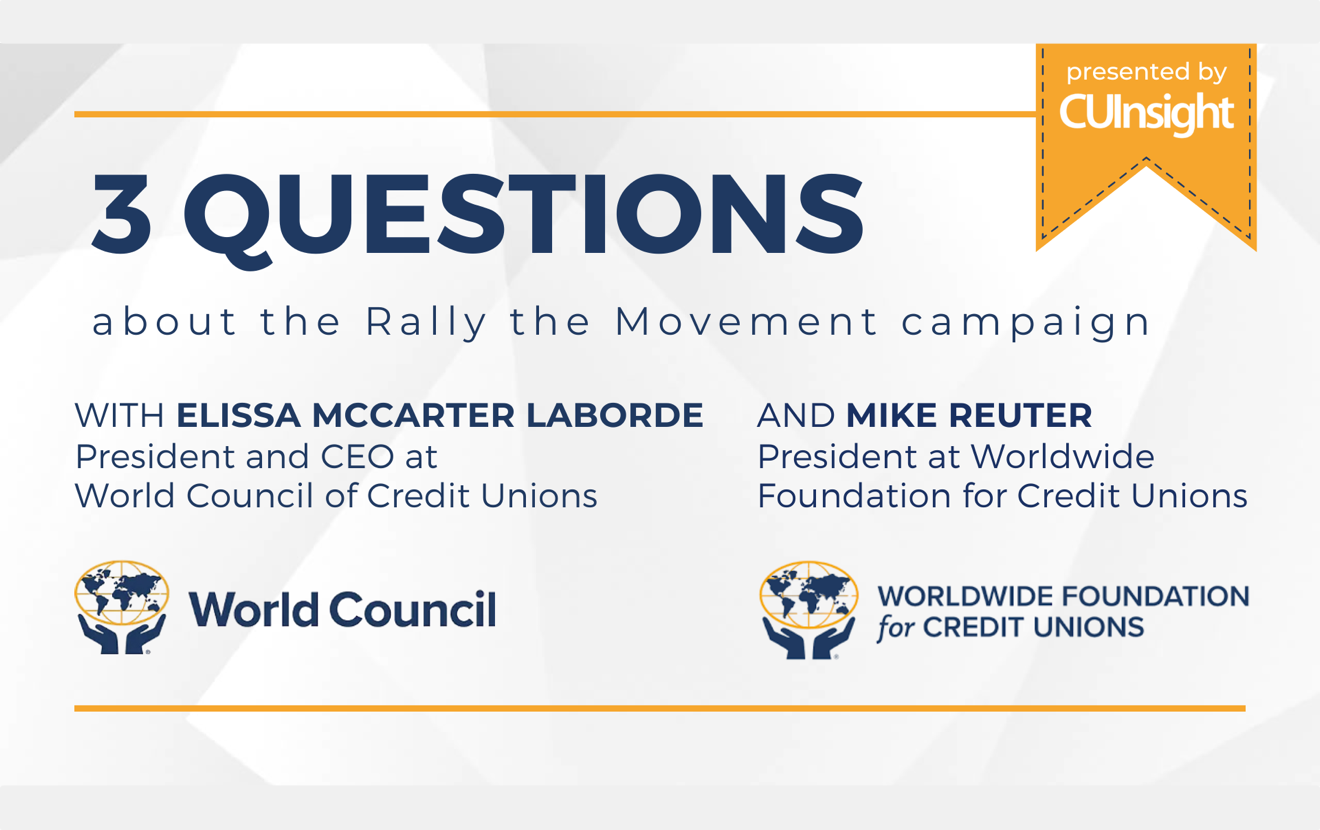During a time of global economic uncertainty, credit unions once again shine through as a safe haven for local communities. While local needs may vary, the fabric of our mission is demonstrated by the similarities shared by credit unions worldwide. Operating under cooperative principles, it’s been my experience that our credit union industry is at its strongest when we harness the strength of our global movement. With credit unions in over 100 countries worldwide serving more than 400 million members, the benefits of shared learnings and joint advocacy extend not only across the U.S. but across the globe. It is vital we, as an industry, work together and find even more ways to collaborate.
The United Nations (UN) has designated 2025 as the International Year of Cooperatives, encouraging governments, organizations and individuals worldwide to take this opportunity to increase the awareness and impact of cooperatives. Its top objective includes encouraging governments to create an enabling environment for cooperatives. The UN encourages cooperatives to use this year to increase international collaboration. While this is a time of many economic and financial obstacles, there are also opportunities that make it important for credit unions to be aware of the global movement and the ways in which we work together. Credit unions in the U.S. and globally continue to face a challenging political and regulatory environment. There has never been a more important time to stand together in our advocacy efforts and share our experiences of learning from each other.
From Australia to Zimbabwe, I have personally seen how credit unions are making a difference in their local markets from small business loans, to being a safe haven for deposits. While they may have a different last name such as Cooperativa, Building Society or SACCO, we share the same DNA in helping members realize their financial dreams and transforming lives with cooperative principals. In a remote part of Ecuador, the entire town greeted our visiting delegation to explain how a loan committee, comprised of women, had administered loans through the credit union that provided opportunities to grow their small businesses and educate their children. And on another occasion, credit union leaders in Ukraine briefed our delegation on agricultural lending practices. The sole credit union in Northern Macedonia has provided services for over 20 years and during their civil war, they provided services to both sides of the conflict demonstrating credit union resiliency.
Ensuring an independent regulatory agency specific to credit unions, preserving our tax-exempt status or supporting an enabling regulatory environment to maximize credit unions’ work in their communities are common efforts globally. Our initiatives in the U.S. are more efficient and effective when we use learnings from credit union systems in other countries. We can understand the impact to members, costs and pitfalls when other countries first implement a new regulation the U.S. is considering, such as open banking. We can learn effective techniques when credit unions in another country experience significant growth, such as with youth engagement. We can model emerging loan products and services.
Raising our voice together and sharing the work of credit unions globally also plays a vital role in advocacy efforts with international financial standard setters. These global bodies are the first to create international banking standards and guidance our U.S. regulators consider during rulemaking. Working together to ensure governments and international standard setters understand our cooperative model and mission to reach underserved communities requires global credit union collaboration.
Learning how credit unions in other countries operate and demonstrate the credit union difference is the first step to amplifying our work as a cooperative financial industry. Sharing the credit union difference to ensure all communities have access to reliable, dignified financial services is both a local and global mission. I challenge my colleagues to find ways to tap into the global credit union network. It will enhance your local efforts and support the global movement.





